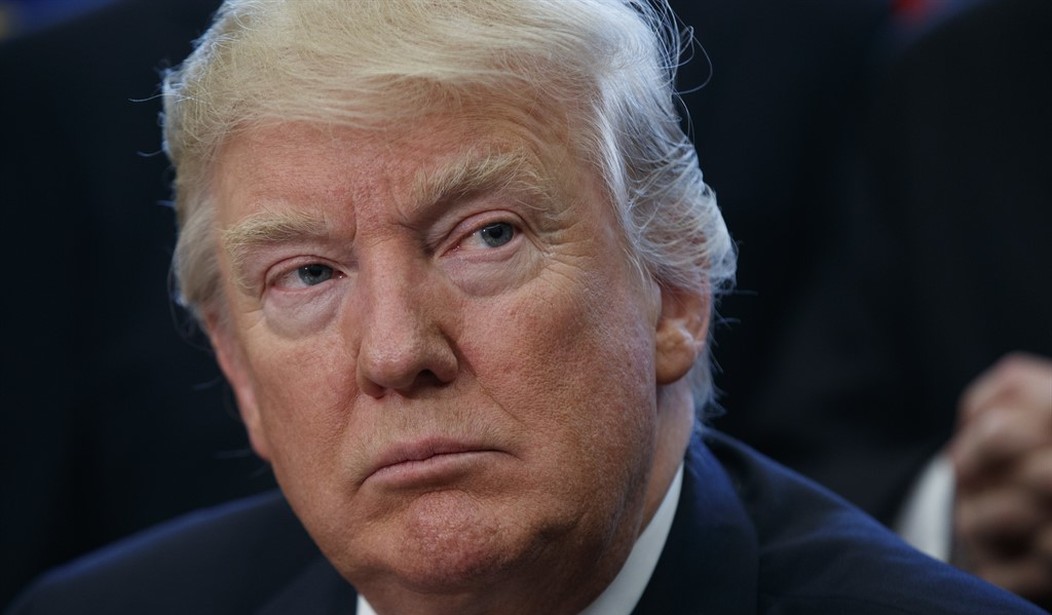According to Smith, there are four areas that influence our ability to create a meaningful life -- belonging, purpose, storytelling and transcendence. Belonging includes forging "relationships in which we feel understood, recognized, and valued -- to know we matter to others." Purpose includes having "a far-reaching goal that motivates us, serves as the organizing principle of our lives, and drives us to make a contribution to the world." When Smith writes about storytelling, it's the ability to take "our disparate experiences and assembling them into a coherent narrative that allows us to make sense of ourselves and the world." Transcendence is the feeling that "we have risen above the everyday world and are connected to something vast and meaningful."
The beginning point for a meaningful life is belonging -- this influences our purpose, our story and our ability to transcend. You can identify or belong to a family, tribe, group of friends, team, neighborhood, city, state, nation or religious group, for instance. While we might belong to numerous groups, it's the ones we identify with and the ones that we search for and find relationships where we feel "understood, recognized and valued" that really matter.
For example, while we all have parents, if one doesn't feel understood, recognized, and valued by them, then we tend to move onto other groups to create the sense of belonging, (teenage rebellion, anyone?). Once we belong to a group, this group influences our purpose, narrates our story and provides the possibility for transcendence.
Recommended
We are all members of multiple groups, (families, religions, schools, sports), which is simple as long as all group's beliefs, values and goals are aligned. The challenge arises when the various groups and interests have different values or goals; we then have to pick which one is the priority.
For President Donald Trump, what comes first is family, nation and operating from a business and results perspective. He campaigned on the slogan "Make America Great Again," and his record of encouraging, promoting and advancing his family is evident, as is his business success.
When White House Budget director Mike Mulvaney held a press conference last week to review President Trump's budget, his remarks clearly reflected who he identifies with and who comes first when he responded to a reporter's question regarding budget cuts. "You're only focusing on half of the equation, right? You're focusing on recipients of the money. We're trying to focus on both the recipients of the money and the folks who give us the money in the first place, and I think it's fairly compassionate to go to them and say, 'Look, we're not going to ask you for your hard-earned money anymore ... unless we can guarantee to you that that money is actually going to be used in a proper function. And I think that is about as compassionate as you can get."
The ability of the Trump team to move their focus from themselves to the American people provides the transcendence that is part of making life meaningful. For those that might choose a different group to identify with, they are driven in different and often conflicting ways.
For those who believe that our government derives it's powers from the people who loan their power to government -- then it makes sense for government to grow smaller, especially if it is not sure if it's efforts are paying off for all Americans. For those who believe that the more educated and expert you are, the more you know and the more you should control the money and therefore the programs, it make sense to reject the idea of reducing the size of government and pushing the money and the power back to the people at a local level.
The question we might want to ask ourselves when seeing conflicting views and actions from others is to what groups do we belong, and to which do they belong. Remembering that we both have the power to determine which groups we identify with and belong to. And therefore, how does our belonging influence our purpose, daily narrative, our ability to transcend and create a meaningful life.

























Join the conversation as a VIP Member